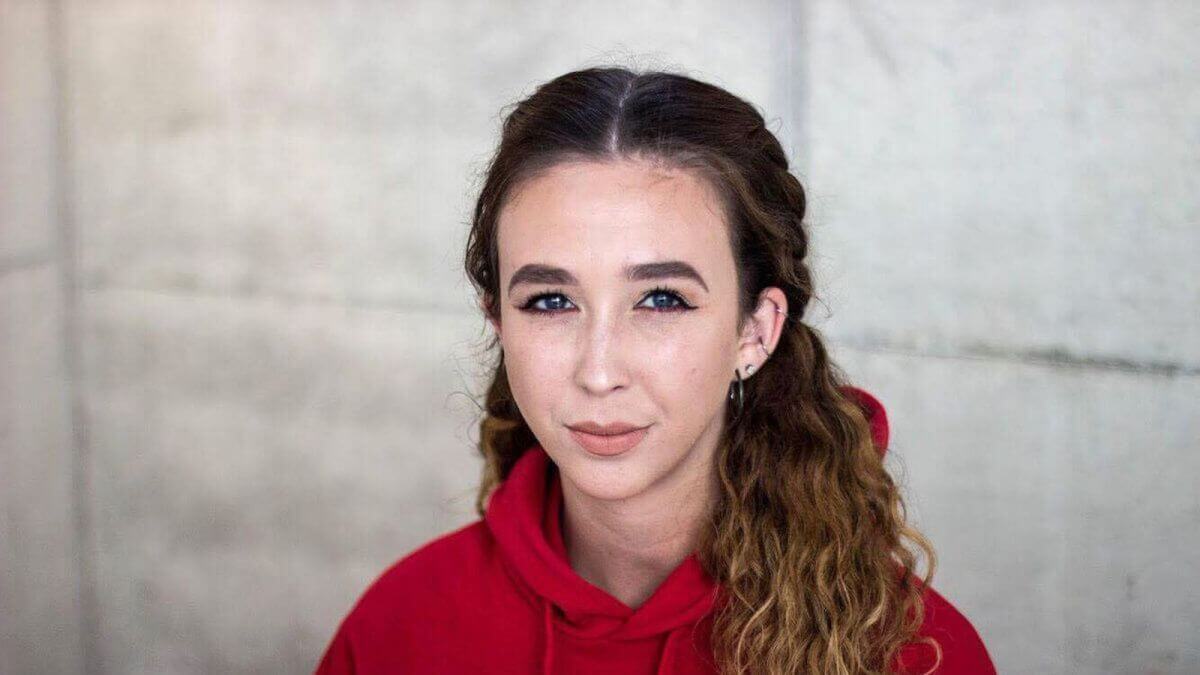Heroin use appears to have increased during the coronary epidemic. The reason is due to the reduced supply of prescription drugs, or so-called opioids after air transport were disrupted. Elisabet Brynjarsdottir , Ms. Ragnheithur’s project manager, says that the epidemic has had a variety of effects.
“We are seeing people get setbacks and the setbacks can be dangerous for our clients because we often see deaths due to setbacks. If an individual may have been using an opioid, has been drug-free for some time, and then relapses, there is a high risk of overdose. It is the deaths that we want to prevent, “says Elísabet, adding that social isolation has also increased.
“These are consequences we may not have fully anticipated, but we are seeing them now,” she said.
Prices for certain drugs have risen as a result of less supply and people are looking for other types of material that are easier to obtain and cheaper, according to Elísabet. Including heroin, but so far it has not gained a foothold in this country. Heroin is one of the most harmful drugs ever found.
“If heroin is gaining ground and getting into circulation here in Iceland, then, of course, we are worried about it. Heroin is an irrational dose. With prescription drugs, at least the dosages are known and people control it more. That’s why we’re more worried about those people taking too much heroin when they use heroin.”
Elísabet says that Mrs. Ragnheidur places special emphasis on opioids, among other things to prevent deaths.
“Preventing deaths and keeping people alive is our first goal from a harm-reduction perspective and we have been focusing a little on opioids. These are prescription drugs and it is possible to prevent these deaths with, for example, naloxone. “It is possible to prevent this with harmless maintenance treatment, with medical services and get individuals to cooperate and thus bring this out of the illegal market.”
Mrs. Ragnheidur’s services have remained unchanged during the epidemic and special emphasis has been placed on education about disease prevention.
“A homeless person cannot stay at home. That’s why we at Frú Ragnheidur have only focused on keeping our service intact. We always have a healthcare professional in the car who can provide education, reach out to these individuals, and educate them about the situation and what can be done to prevent infection. We have already had these covid tips in the language of the users of our service to carry out certain preventive work. We have placed great emphasis on keeping our services intact in order to minimize these obstacles that people face, “says Elisabet.












